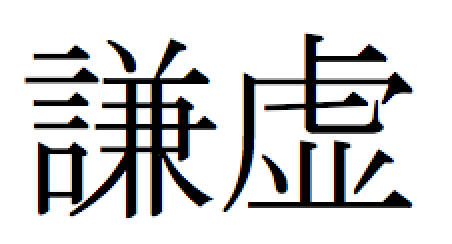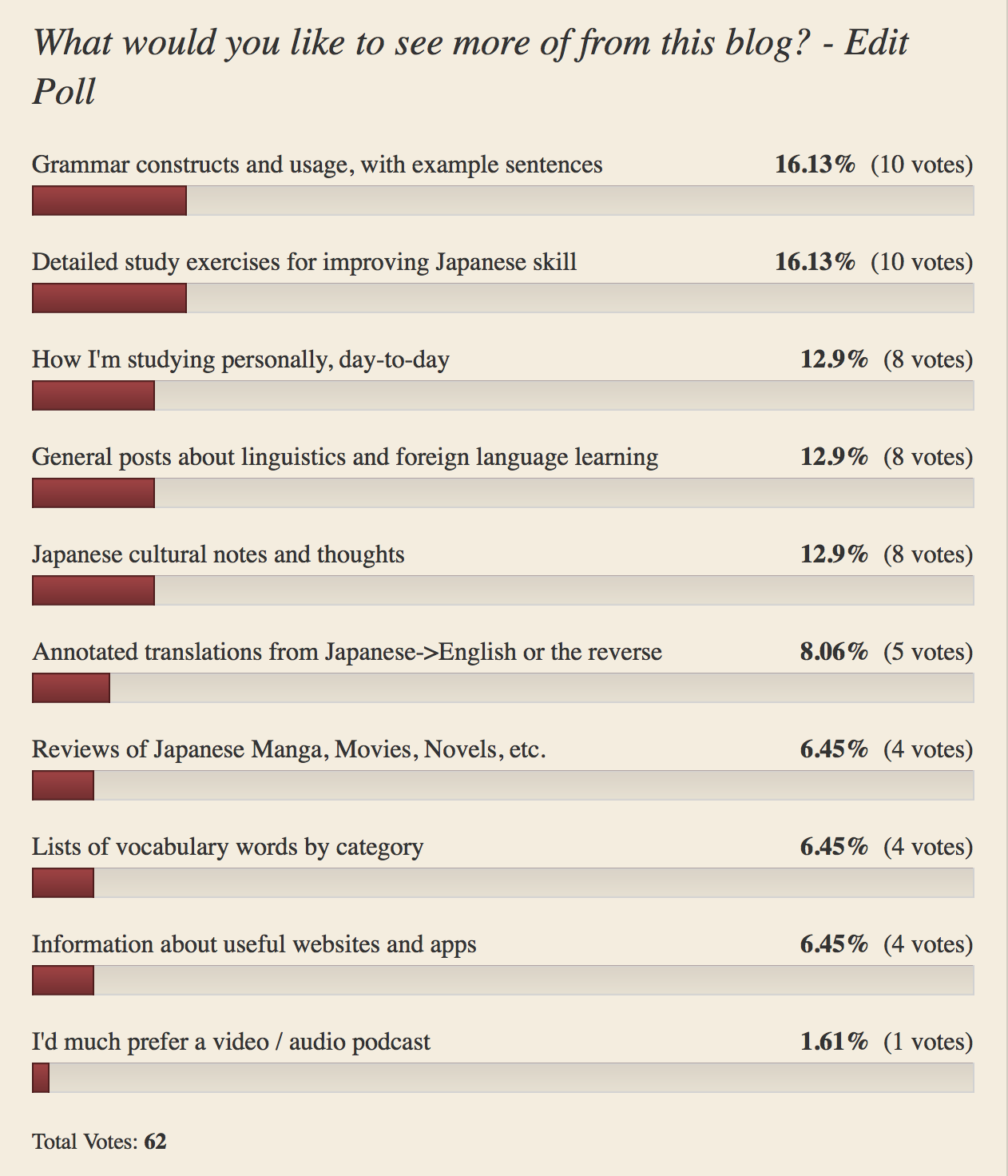Foreign language learning and the rebirth of a new you
The path of learning a foreign language, especially when self-taught, is fraught with many challenges and difficulties, and one should always expect a minimum of several years for any reasonable level of fluency. Fortunately, all the hard work is (eventually) rewarded with satisfaction in this great achievement, better appreciation of another country’s culture, and increased opportunities for careers… Read More »





